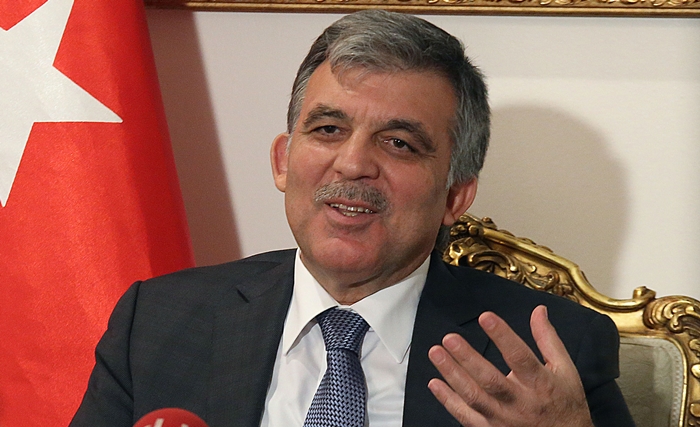Abdullah Gül, the 11th president of Turkey who served between 2007 and 2014, has implied that the ruling Justice and Development Party (AKP) should not use religious values as tools to promote its political agenda, local media reported on Tuesday.
Gül on Tuesday gave an interview to Karar daily columnist Mehmet Ocaktan, who is also a former member of parliament from the ruling AKP.
When asked to comment on the use of religion as an instrument in politics, Gül said it would create a dangerous situation since religion was an issue “far beyond time and space” while politics had a “cyclical nature.”
“If you start to present yourself as the representative of religion or your party as a religious party, all your mistakes and shortcomings will eventually be attributed to religion. … Therefore, this is a very sensitive issue, and there are many examples of this in history,” Gül said.
President Recep Tayyip Erdoğan, whose ruling AKP has its roots in political Islam, attracts frequent criticism for using religious values as well as the country’s Religious Affairs Directorate, also known as the Diyanet, to promote his agenda.
The Diyanet is one of the most controversial institutions in Turkey as it has long been criticized for promoting only Sunni Islam and for indifference to other beliefs and the needs of their followers in the country.
Although it mostly remained out of politics before the AKP was voted into government, the Diyanet has gained more power and influence during the AKP’s time in office, and its presidents are frequently criticized for promoting the AKP’s agenda using Islamic references.
Puzzled at goverment’s response to high inflation
Gül also said what he finds most puzzling is the Turkish government’s underestimation of the high inflation in the country, which increased to almost 80 percent last month, the highest in 24 years.
“Now is the last time to fight [high] inflation in a very determined, rational and powerful way. After that, there’s no time left to do it until the elections [scheduled for June 2023]. So it should be the [government’s] first priority,” Gül argued.
When asked what he would do about the country’s deteriorating economy if he were in Erdoğan’s place, the former president replied he would establish a team of well-qualified people that finance and business circles would appreciate and authorize them to work to find the right solutions to Turkey’s economic problems.
Gül also underlined that their biggest privilege during the early years of the AKP government was to work with capable people in all positions in government.
“They always did the right thing. The bureaucracy contributed greatly to our success,” Gül said.
“Now, there are people in important positions whose political background is more important than their career,” he added.
The AKP government has long been attracting criticism for engaging in nepotism and filling state posts with its cronies.
Critics say the level of AKP nepotism reached new heights following a failed coup in July 2016 after which the government removed more than 150,000 civil servants from their jobs under the pretext of an anti-coup fight.

